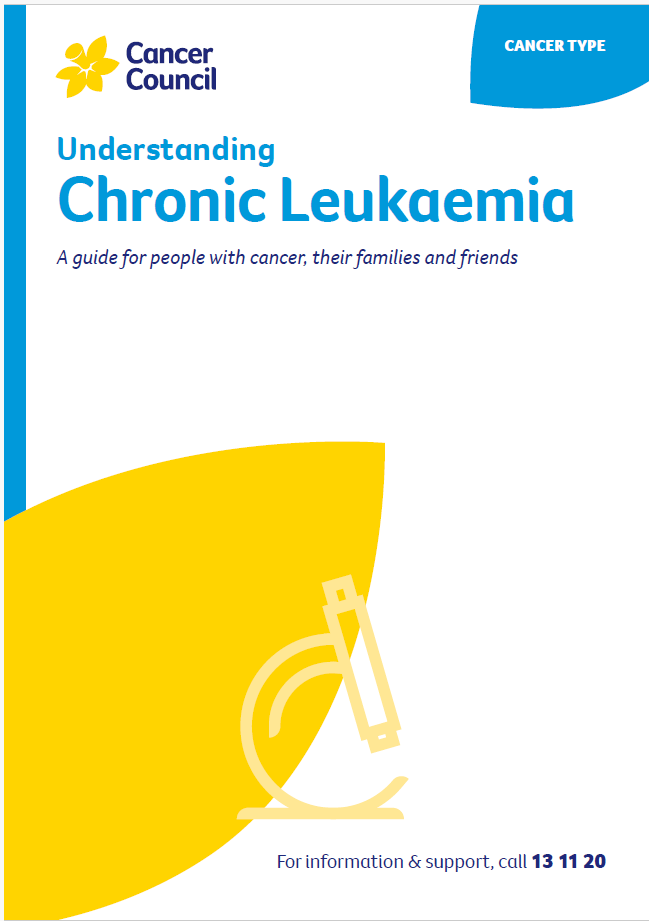- Home
- Chronic lymphocytic leukaemia (CLL)
- Symptoms
CLL symptoms
Many people with chronic lymphocytic leukaemia (CLL) have no symptoms. Often the disease is diagnosed after a routine blood test shows a high white blood cell count. In the early stages, symptoms tend to be mild and develop slowly.
Symptoms may include:
- swollen lymph nodes in the neck, underarms or groin
- pain and/or feeling full after eating only a small amount – caused by an enlarged spleen
- tiredness – caused by a low red blood cell count (anaemia)
- frequent and persistent infections – caused by low levels of normal white blood cells (neutropenia) leading to lowered immunity or few protective antibodies to help fight infections
- bruising or bleeding – caused by low levels of platelets (thrombocytopenia)
- drenching night sweats
- high temperature (fever) without any other signs of infection
- unexplained weight loss.
Not everyone with these symptoms has chronic leukaemia, but if you have any of these symptoms, it’s best to see your doctor.
→ READ MORE: Diagnosis of chronic lymphocytic leukaemia (CLL)
Podcast for people affected by cancer
Listen now
More resources
Dr Chun Kei Kris Ma, Clinical Haematologist, Western Sydney Local Health District (clinical update); Delphine Eggen, Consumer; Dr Robin Gasiorowski, Staff Specialist, Haematology, Concord Hospital; Karl A Jobburn, Haematology Clinical Nurse Consultant, Liverpool Hospital; Yvonne King, 13 11 20 Consultant, Cancer Council NSW; Heather Mackay, Clinical Nurse Consultant, Westmead Hospital; Jennifer Paton, Consumer.
View the Cancer Council NSW editorial policy.
View all publications or call 13 11 20 for free printed copies.

